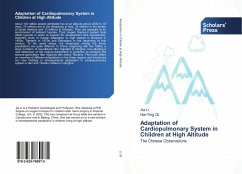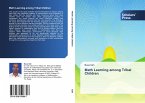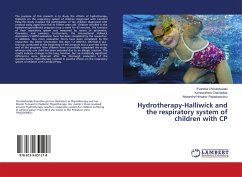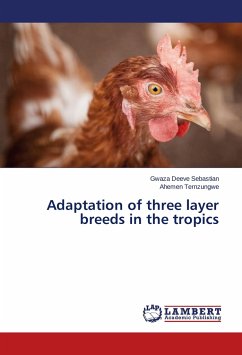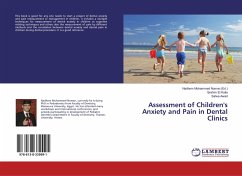About 140 million people worldwide live at an altitude above 2500 m. Of them, 78 millions are in the Himalayas in Asia, 35 millions in the Andes of South America and 13 millions in Ethiopia. They are exposed to an environment of ambient hypoxia. Their oxygen transport system must offset hypoxia in order to support for development and reproduction. Scientific study of human adaptation to high started in Andeans in 1950s, Tibetans in 1970s and Ethiopians in the beginning of this century. To the same stress, the responses among the three populations are quite different. In China, beginning with the 1960s, a large numbers of low-altitude Han migrated to Qinghai, now allowing a new dimension of the natural experiment in evolution to compare the second-generation Han migrants with native Tibetans. This book offers an overview of different adaptations in the three regions and introduces our new findings in developmental adaptation in cardiopulmonary system in Han and Tibetan children inQinghai.
Bitte wählen Sie Ihr Anliegen aus.
Rechnungen
Retourenschein anfordern
Bestellstatus
Storno

